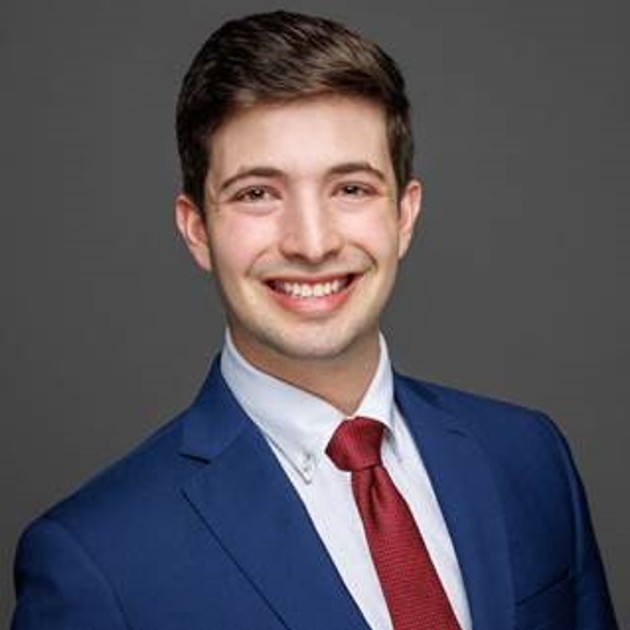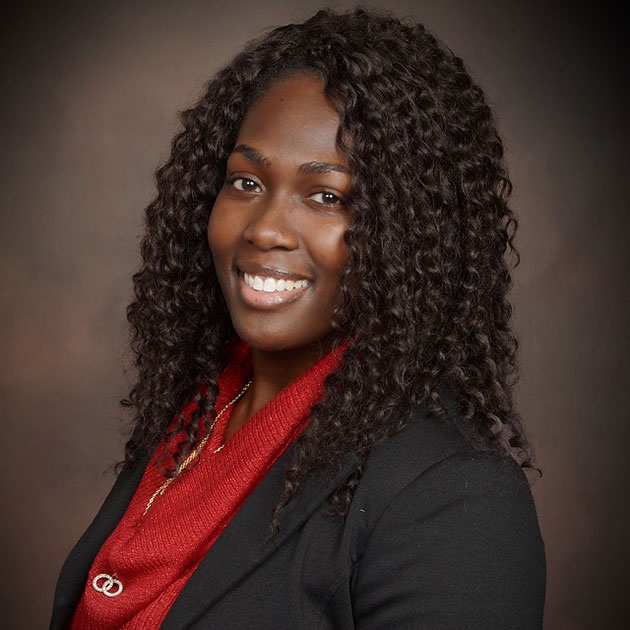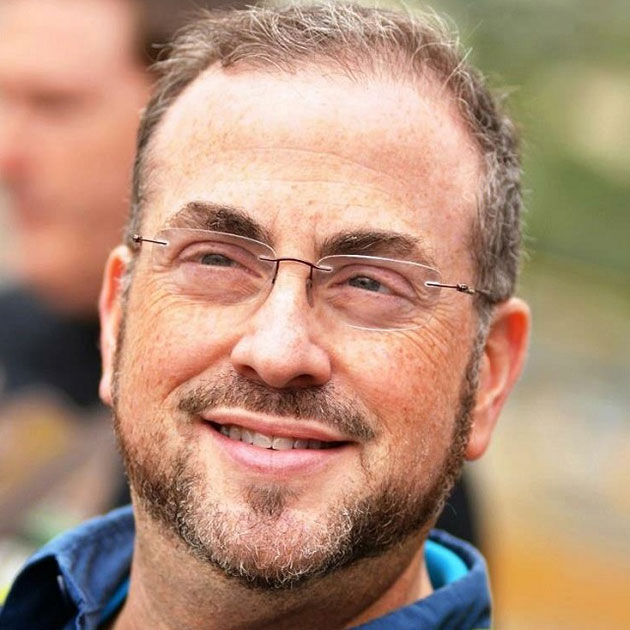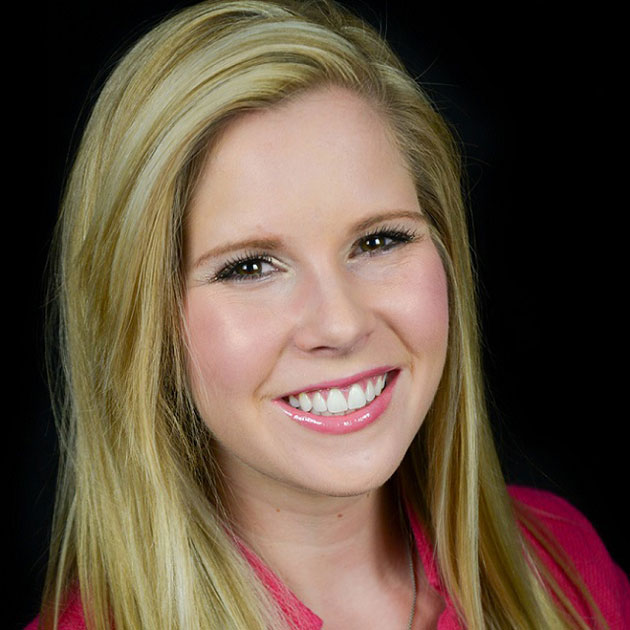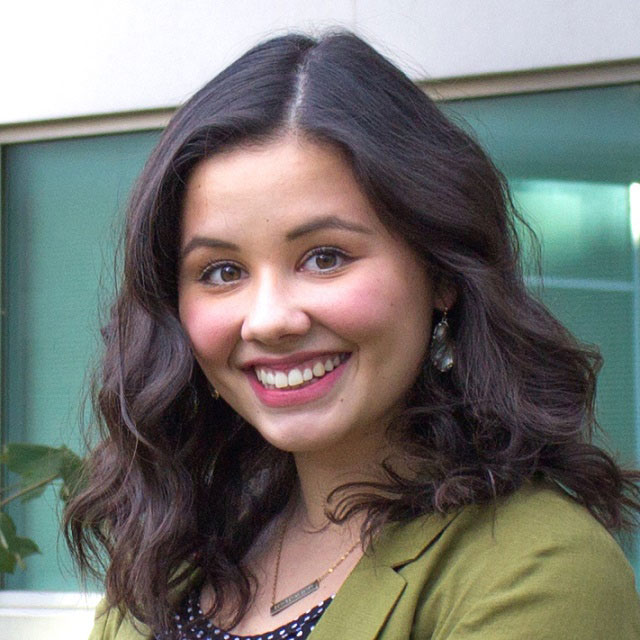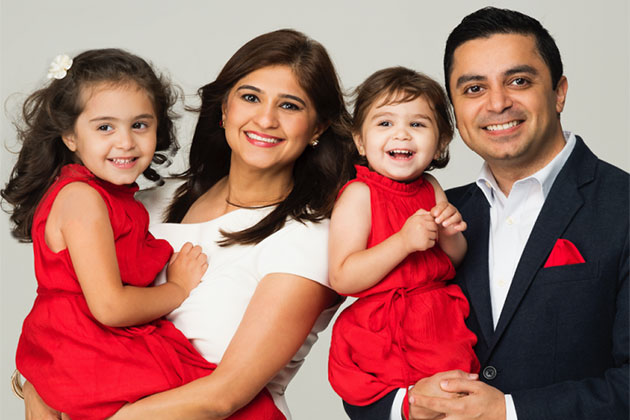
UT Southwestern Medical Center, Manager Of Health System Decision Support
Moti knows the value of education – he holds four degrees, including two from Jindal School of Management – an MS/Healthcare Management and an MBA. His other two degrees – a BS/Economics from Texas A&M University and master’s in Public Health from University of Illinois at Chicago – will grow to three when he completes his doctorate in Healthcare Administration at Medical University of South Carolina. Moti stays connected with UT Dallas by serving on the steering committee for the Healthcare Management Alumni affinity chapter, which is open to any UT Dallas alumni in healthcare management. The chapter offers networking, mentoring, educational events and other opportunities for alums.
What are your current job responsibilities?
I manage a team of exceptionally gifted analysts who facilitate data-driven decision making for UT Southwestern’s ambulatory practice. My scope of work includes research, performing simulations, designing new operational measures, building consensus among leadership and contributing to meaningful improvements in the patient experience.
What do you enjoy about your current position?
My current position affords me the opportunity to learn new things and to be creative. In general, my team works on projects for which there are no clear-cut or established solutions. This level of ambiguity requires us to learn front-end workflows and their impact on back-end data to formulate scalable solutions that are aligned with the institution’s mission, vision and values. Having a direct line of sight to see how analytics is influencing outcomes is very fulfilling.
How do you see your profession changing in the next five or 10 years?
Healthcare analytics is very much in its formative years. In the next five to 10 years, I see a greater emphasis being placed on predicting, with a high level of certainty, what will happen in the future. Given what is involved with improving health, this is exceedingly challenging. Furthermore, as life expectancy increases with advancements in the medical sciences, these predictive models will need continuous refinement to ensure they remain relevant. What is a certainty is that “what got us here will not get us there.”
What characteristics do you look for when hiring people into your workplace?
I look for intellectual curiosity, creativity, integrity, teamwork, confidence and the ability to transform abstract concepts into meaningful solutions. To a lesser degree, I look for technical skills (i.e. programming). In my mind, technical skills are secondary to a person’s innate drive and motivation to learn new things and to adopt fresh perspectives. I can teach someone to write code. I cannot teach them how to be curious.
What advice do you have for college students hoping to succeed professionally?
Professional success means different things to different people. Invest time in yourself to learn what success means to you. For some, success is a corner office and a high salary. For others, the goal is to work on intellectually challenging projects and have low stress. Whatever your definition of success, understand it well and make sure you guide your career strategically toward what inspires you and makes you happy.
What makes an effective leader?
An effective leader is one who inspires others to want to succeed together. In my experience, truly great leaders put the success of the team above the gains or losses of any one individual. Furthermore, effective leaders make it a priority to grow their people in meaningful ways. For some, this may mean giving team members the flexibility to pursue advanced degrees. For others, it may mean giving team members exposure to new subject areas or interesting challenges. This also has the unique advantage of improving retention. We are all aware of the “grass is greener on the other side” phenomenon where people actively look for positions outside the team to fulfill a need that is not being met within the current team. My response is the reason team members think the grass is greener elsewhere is that the leader is not watering the lawn (i.e. not growing their people).
What do you enjoy doing in your free time?
I do not have free time. I have two daughters under the age of five.

